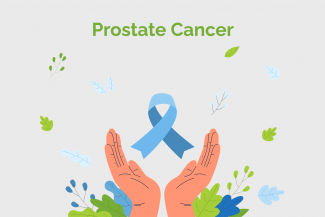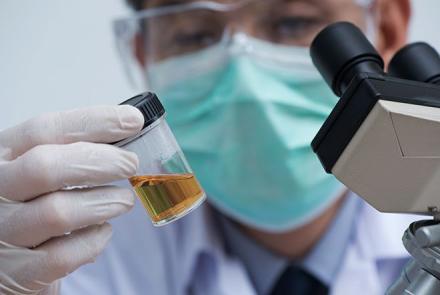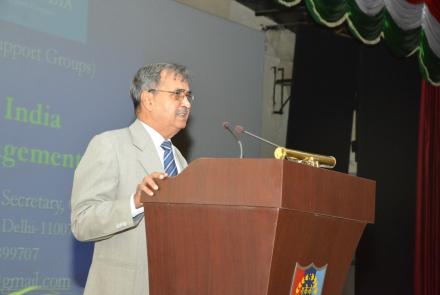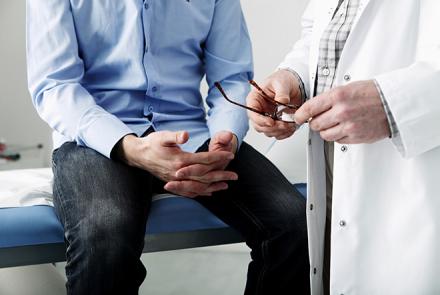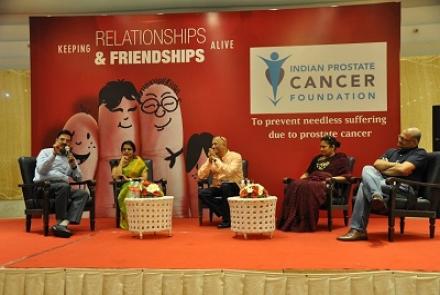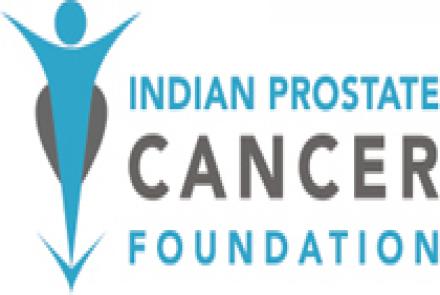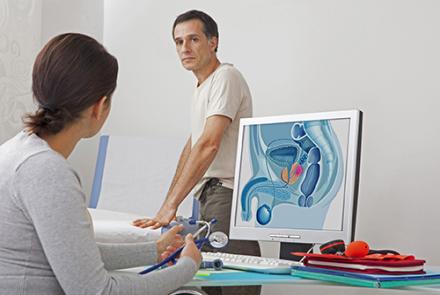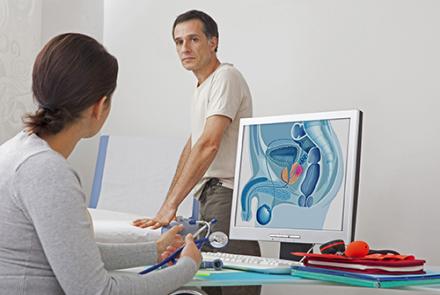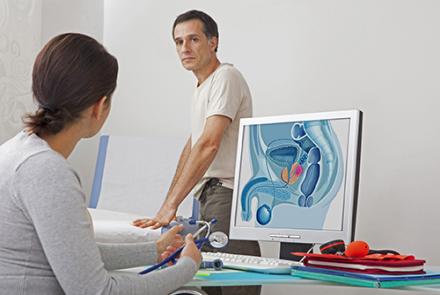Prostate cancer,also known as carcinoma of the prostate,is a malignant tumour in the prostate, a gland in the male reproductive system. Globally, it is the second most common cancer. Most prostate cancers are slow-growing; though some may grow relatively fast. Prostate cancer is usually not fatal.
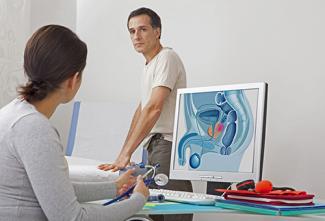
What is Prostate Cancer
Prostate cancer,also known as carcinoma of the prostate,is a malignant tumour in the prostate, a gland in the male reproductive system. The prostate is a walnut-sized gland located between the bladder and pelvic floor in men. The urethra (tube that carries urine from the bladder to exit the body) passes through the middle. The prostate is also the sex gland that produces the milky white fluid that helps carry and nourish sperm.
Most prostate cancers are slow-growing; though some may grow relatively fast. Prostate cancer is usually not fatal. The five year survival rate in the US is 99%.
Anatomy of the prostate
Changed
28/Jun/2024
Community
Condition

